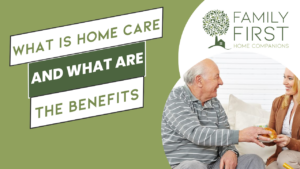Posts Tagged ‘in-home caregivers’
How to Keep a Loved One with Parkinson’s Disease Safe at Home: A Guide to Managing Tremors and Mobility Challenges
Caring for a loved one with Parkinson’s disease comes with many responsibilities, but one of the most important is ensuring their safety at home. Parkinson’s affects the central nervous system and brings on symptoms such as tremors, muscle stiffness, slow movement, and impaired balance. These mobility challenges make the home environment a potential hazard if it’s not adapted appropriately.
Read MoreHip Injuries in Older Adults: Causes, Recovery, and How Caregivers Can Help
Hip injuries, especially fractures, are a serious concern for older adults, leading to long-term mobility challenges, loss of independence, and even life-threatening complications. For seniors who experience a hip fracture, the road to recovery can be long and challenging. However, with the right care, rehabilitation plan, and support from caregivers, older adults can regain mobility and improve their quality of life.
Read MoreJanuary Is Glaucoma Awareness Month: Educating and Supporting Older Adults
January is Glaucoma Awareness Month, an essential time to shed light on this vision-threatening condition that disproportionately affects older adults. Glaucoma is known as the “silent thief of sight” because it often develops without noticeable symptoms until significant vision loss has occurred. With early detection and proper management, however, the progression of glaucoma can be slowed, preserving quality of life for those affected. For seniors, the support of in-home caregivers can be a vital part of managing this condition effectively.
Read MoreWhat is Home Care and What Are the Benefits?
Home care refers to a wide range of services that are provided in an individual’s home, rather than in a hospital or care facility. These services are tailored to the specific needs of the elderly and include assistance with daily living activities such as bathing, dressing, meal preparation, medication management, and companionship.
Read More



